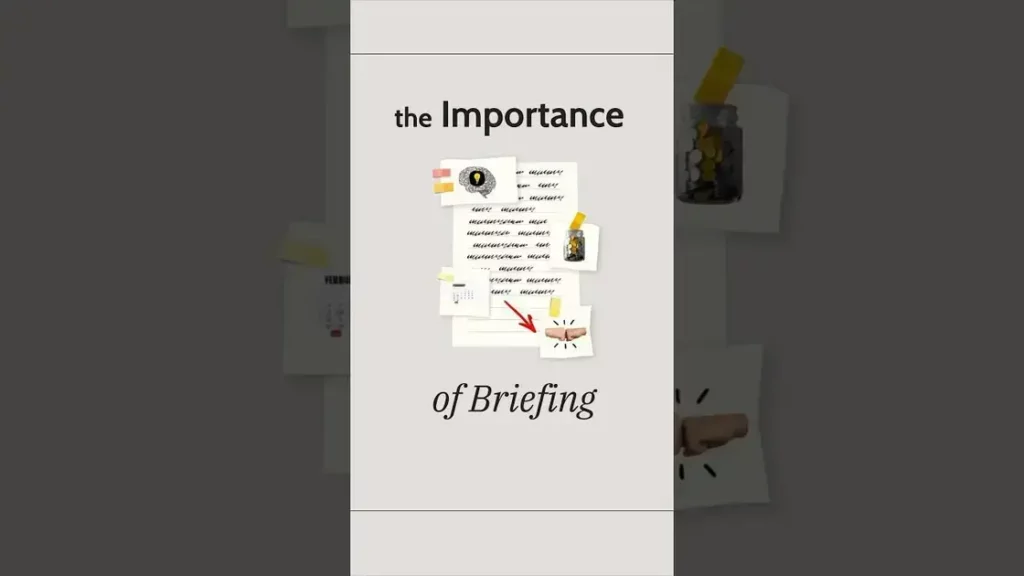Leitura: 7 minutos Unlocking happiness is more than wishful thinking—today, top universities offer science-backed free courses that put emotional well-being within anyone’s reach. If strategic advantage matters to you or your organization, understanding the most influential happiness course can reshape how you lead, collaborate, and compete.
Why This Course Matters
The Science of Happiness free course isn’t just popular—it’s a global phenomenon, with over 3.5 million participants to date. Created by professors at Yale and UC Berkeley, it translates cutting-edge positive psychology into practical, actionable steps for boosting well-being.
In practical terms, this means even high-pressure environments can learn to manage stress, increase productivity, and foster emotional resilience. The real message for those seeking competitive edge: happy teams outperform disengaged ones—across industries and company sizes.
- Grounded in research, not self-help trends
- Effective for individuals and organizations
- Tools to apply immediately in daily life and business
Are you leveraging scientific well-being to advance your business objectives?
Inside the Curriculum: What You Learn
The course breaks down happiness into core concepts you can measure, analyze, and improve—mirroring the analytical approach leaders value in business intelligence. You’ll explore:
- The psychology and biology behind human happiness
- Common myths that sabotage satisfaction
- Habits scientifically linked to increased well-being
- Techniques to combat stress and anxiety
In practice, this equips professionals to diagnose team morale issues and structure work environments for optimal performance. The bottom line: emotional intelligence drives organizational success.
Are you curious which habits could yield the greatest impact for your team or yourself?
Adoption by Companies: Trends and Results
Forward-thinking companies are integrating the Science of Happiness course into onboarding and leadership development. Firms in tech, finance, and health care report measurable gains in engagement—translating directly into improved market share and customer satisfaction.
- Decreased turnover rates
- Increased productivity per employee
- Lower risk of burnout
On the ground, this means companies using science-backed well-being initiatives not only retain talent better but also enhance their brand reputation in a competitive talent marketplace. The takeaway for leadership: organizational culture is now a quantifiable asset.
Will your company lead or lag in adopting these high-impact methods?
Applications Beyond the Office
The Science of Happiness free course isn’t just for professionals—it’s increasingly used by schools and families looking to build emotional literacy from a young age. This broadens its influence, creating happier communities and more collaborative environments.
- Students gain coping skills for academic stress
- Families develop stronger communication patterns
- Communities experience greater collective resilience
The strategic impact: societies that prioritize well-being are more adaptable to change and economic shocks. At the end of the day, emotional intelligence becomes a national advantage.
How might your community benefit by adopting this science-driven approach?
Future Outlook: Tech and Regulation
Looking ahead, digital platforms will expand access to happiness science. AI-powered assessments and personalized content will enable businesses and individuals to track well-being metrics as closely as financial data. Expect new regulations around mental health at work, pushing more organizations to adopt evidence-based programs.
- Scalable well-being solutions via mobile apps
- Data-driven management of emotional risk
- Compliance as a market differentiator
The message for forward-looking leaders: ignore well-being data at your peril. Competitive advantage will be reserved for those who see happiness as an operational metric, not just a buzzword.
Are you ready to future-proof your leadership with science?
